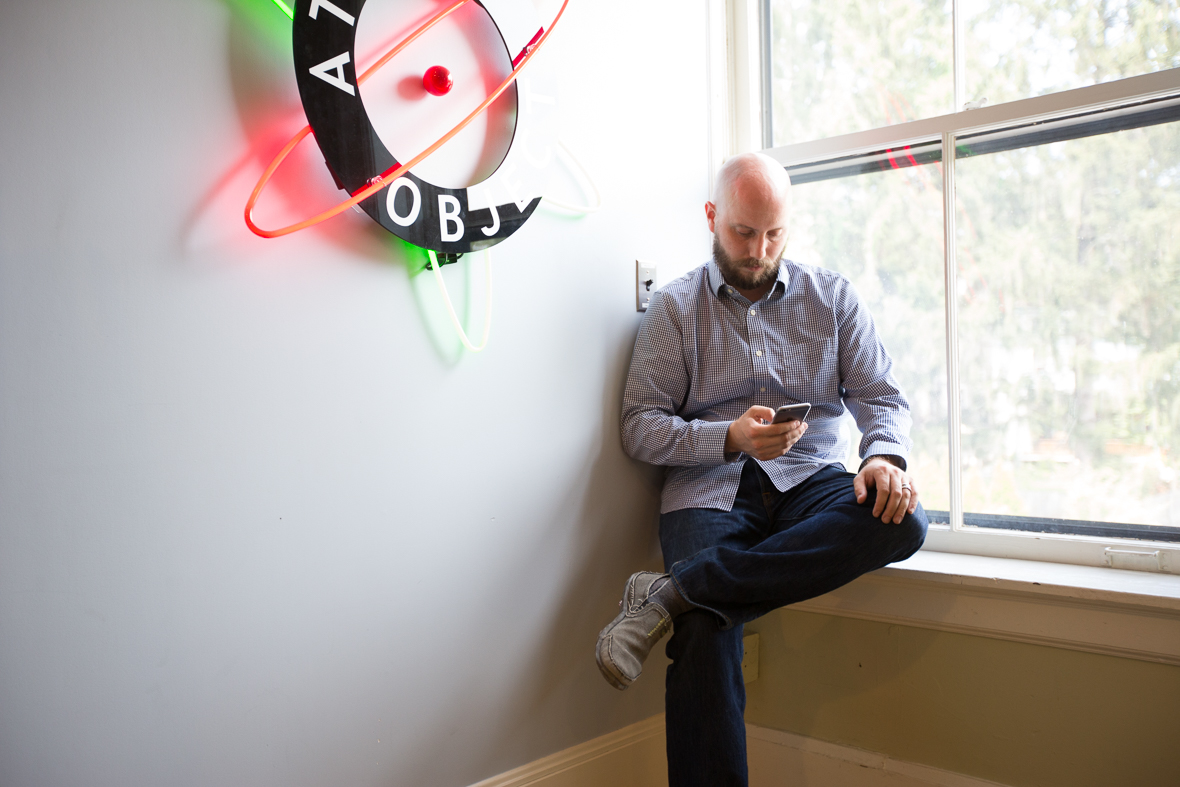Life is complicated at times, for all of us, both in and out of work. For me, being married while raising two kids and maintaining a full-time job can get crazy at times. Though you may try hard to keep your home life separate from your work life, it is not always possible to have a clean division… nor should you feel obligated to do so.
Saying your personal life doesn’t affect your work, and vice versa, is downright wrong. Instead, it’s better to strive for a balance between the two.
How can you continue to be a good co-worker when unexpected things come up that prevent you from being present, physically and/or mentally?
Communicate Schedules
For starters, you should ensure that you and your teammates have synced your schedules. A shared calendar goes a long way, but it is good to alert your team to an upcoming appointment on the day before. Obviously, longer blocks of time off should be scheduled further in advance and discussed with your team members even further in advance.
Deal with Distractions
I have learned that being open with my co-workers about something crazy going on in my life is usually the best way to roll. If and when something does come to a head and I need to be somewhere else on short notice, it is not such a big surprise, and it’s easier to bring up.
This practice not only builds trust, but it can reduce the anxiety you feel about inconveniencing your team. Even better, by sharing your own vulnerability, you are opening the door for your co-workers to understand that they can do the same.
Focus on the Issues
At times, you may have trouble getting, or keeping, your head in the game while on the job. This may due to lack of good sleep, a personal issue weighing on your mind, or other sources of distraction that are not fully under your control. Though you may fight through these bouts by drinking more coffee or trying to force yourself to stay focused in some other way, we all have limits.
At these times, you’re probably more error-prone, less efficient, and just not a good co-worker. You may be remedied by a much-needed short break, switching to a different task, or even heading home early to recoup so you can be in better shape for the next day.
When this happens, let your pair or teammate know that you are struggling to be present. Getting this out in the open keeps both of you aware of the issue, and heck, maybe your partner is having a tough time as well. Raising the issue and having a discussion will not only help you forge ahead, but it is the responsible thing to do.
Plan for the Unplanned
Though you may do your best to plan around your personal life, it is always good to have a contingency plan for when things pop up unexpectedly.
When working on a team, it is good to identify some tasks that can be done solo. Having these things in the hopper will give you something to work on in the odd hours of the day, or something for your co-worker to do if you have to bail on short order. These potentially solo tasks function as a bucket of work that either of you can pull from if and when it’s necessary.
Juggling work and home life can be challenging, but strategies and tricks can help. I’d love to hear any other tips, if you have them!

